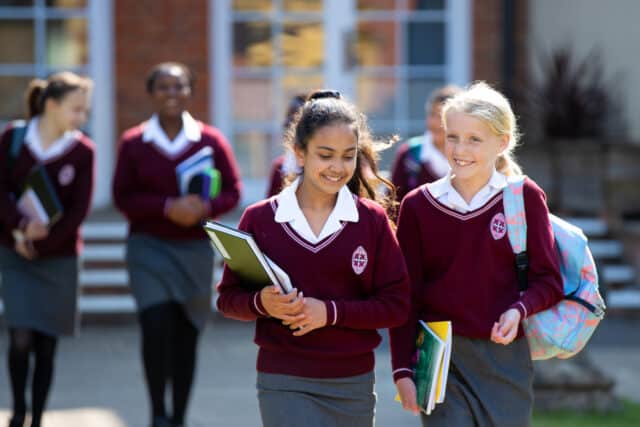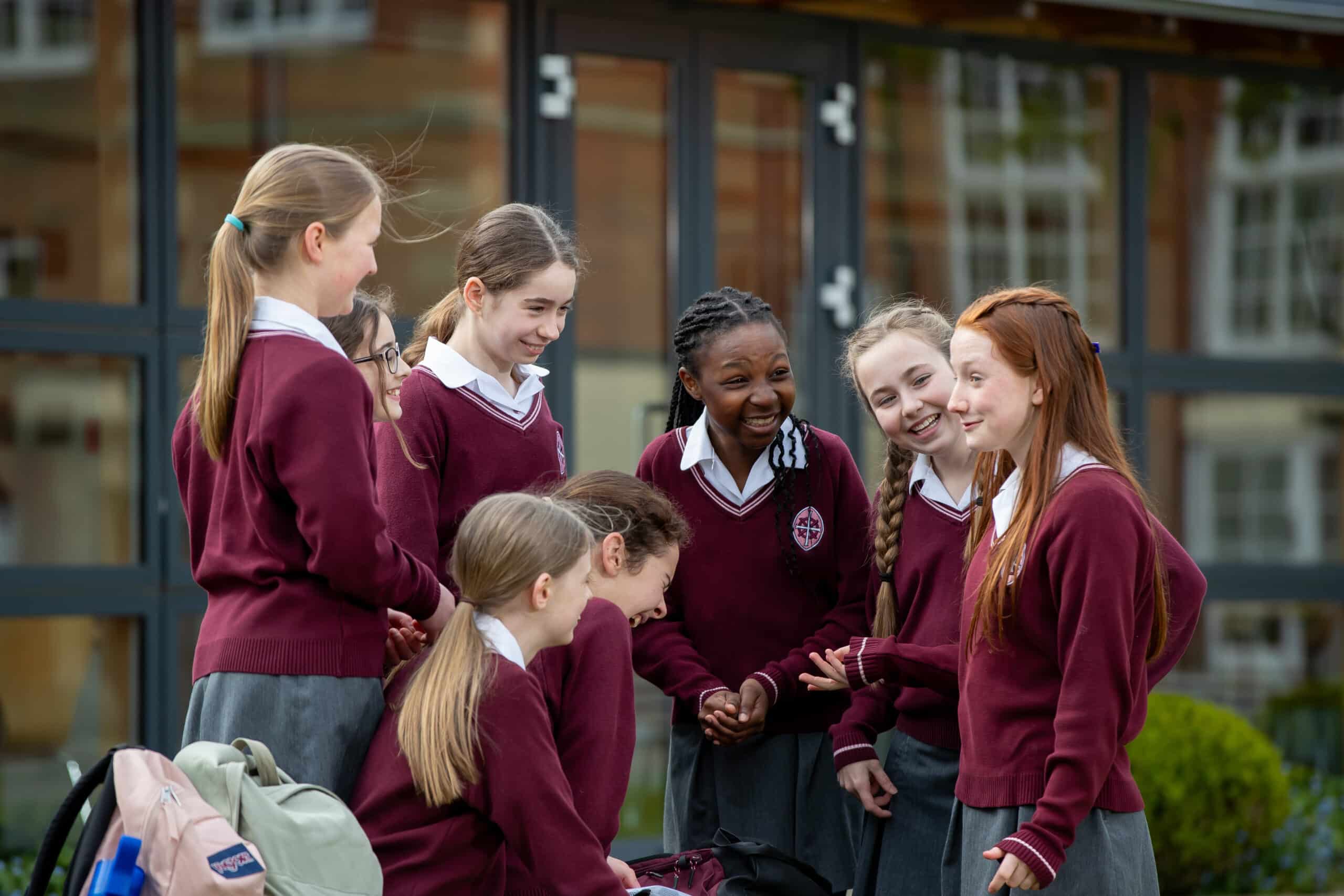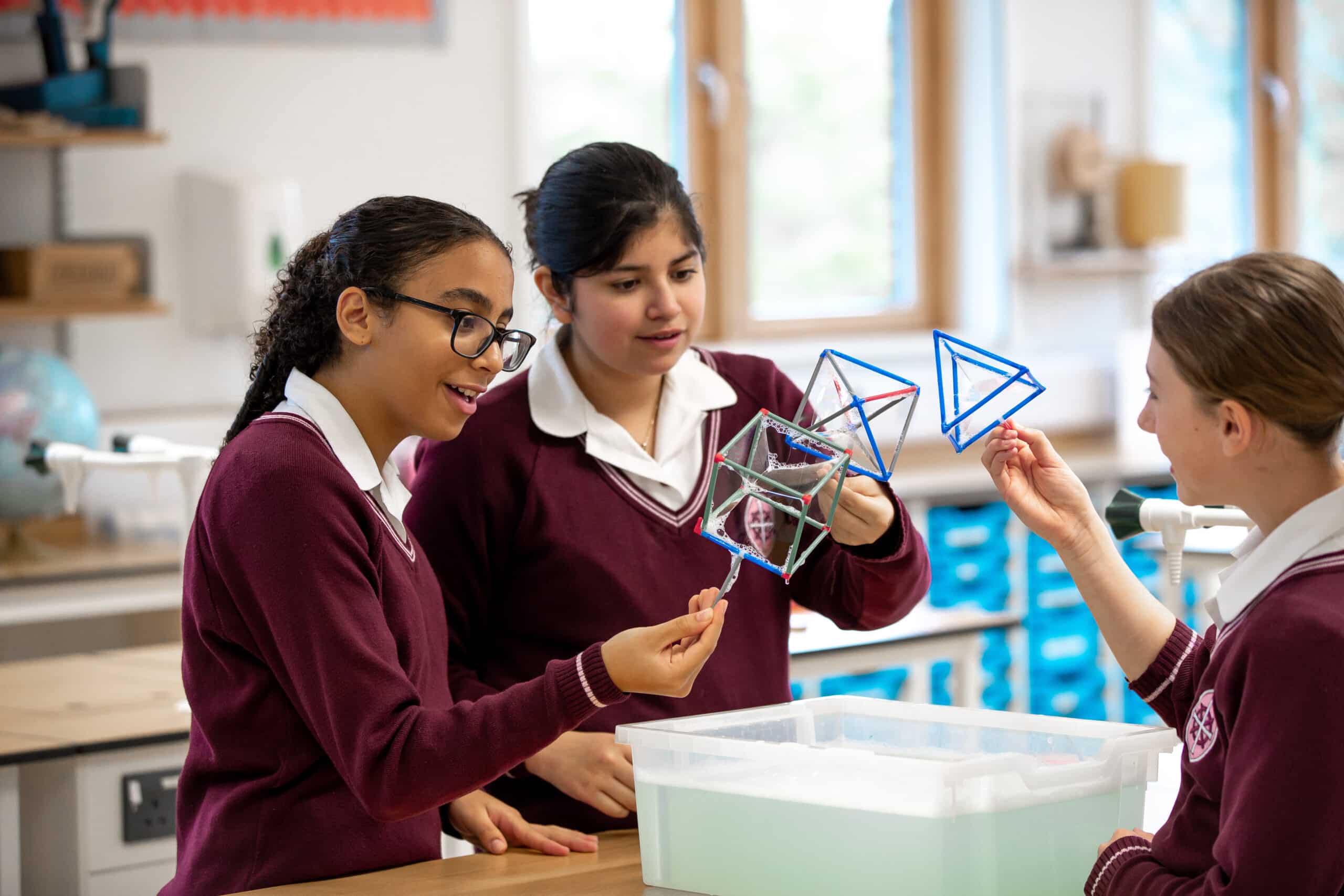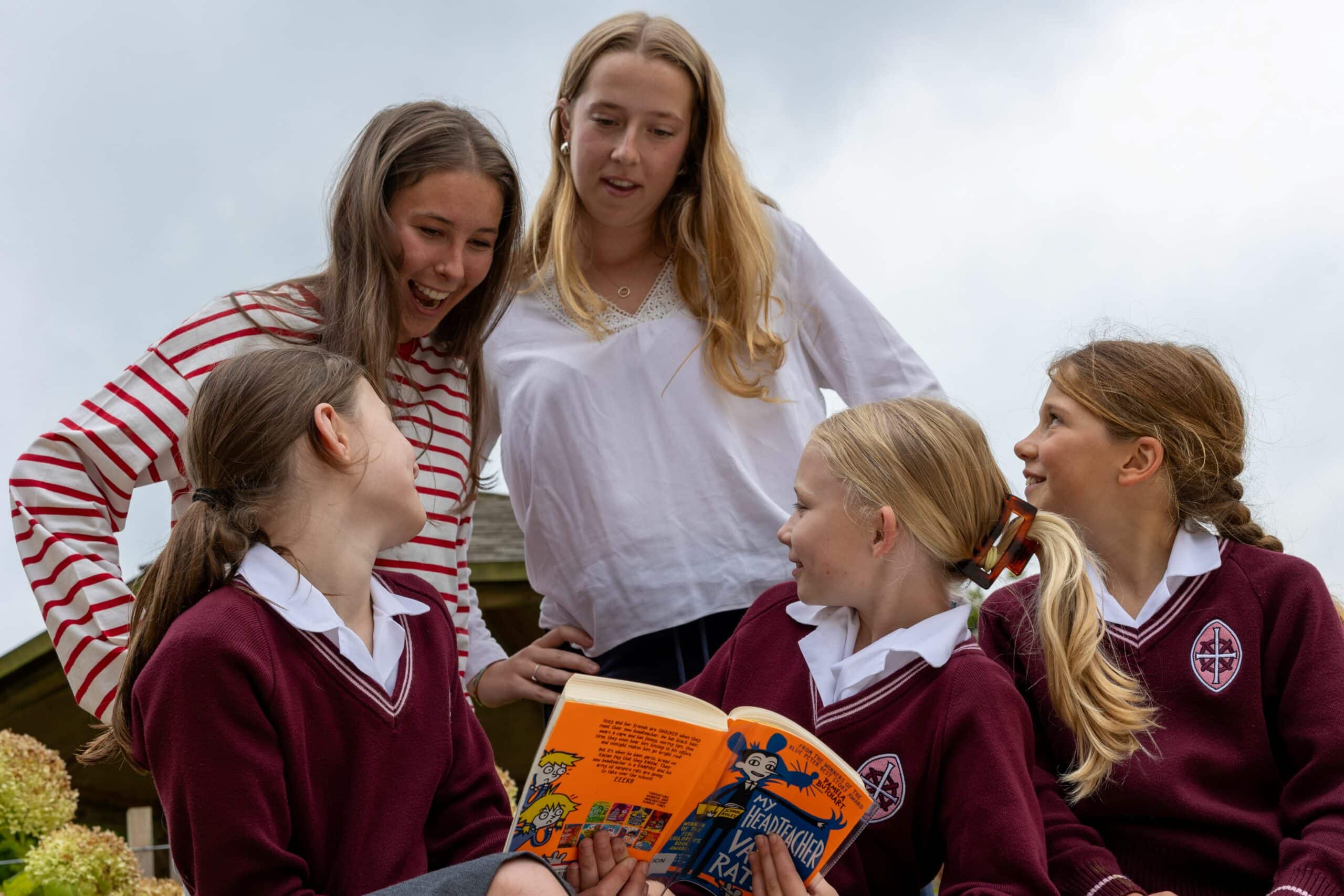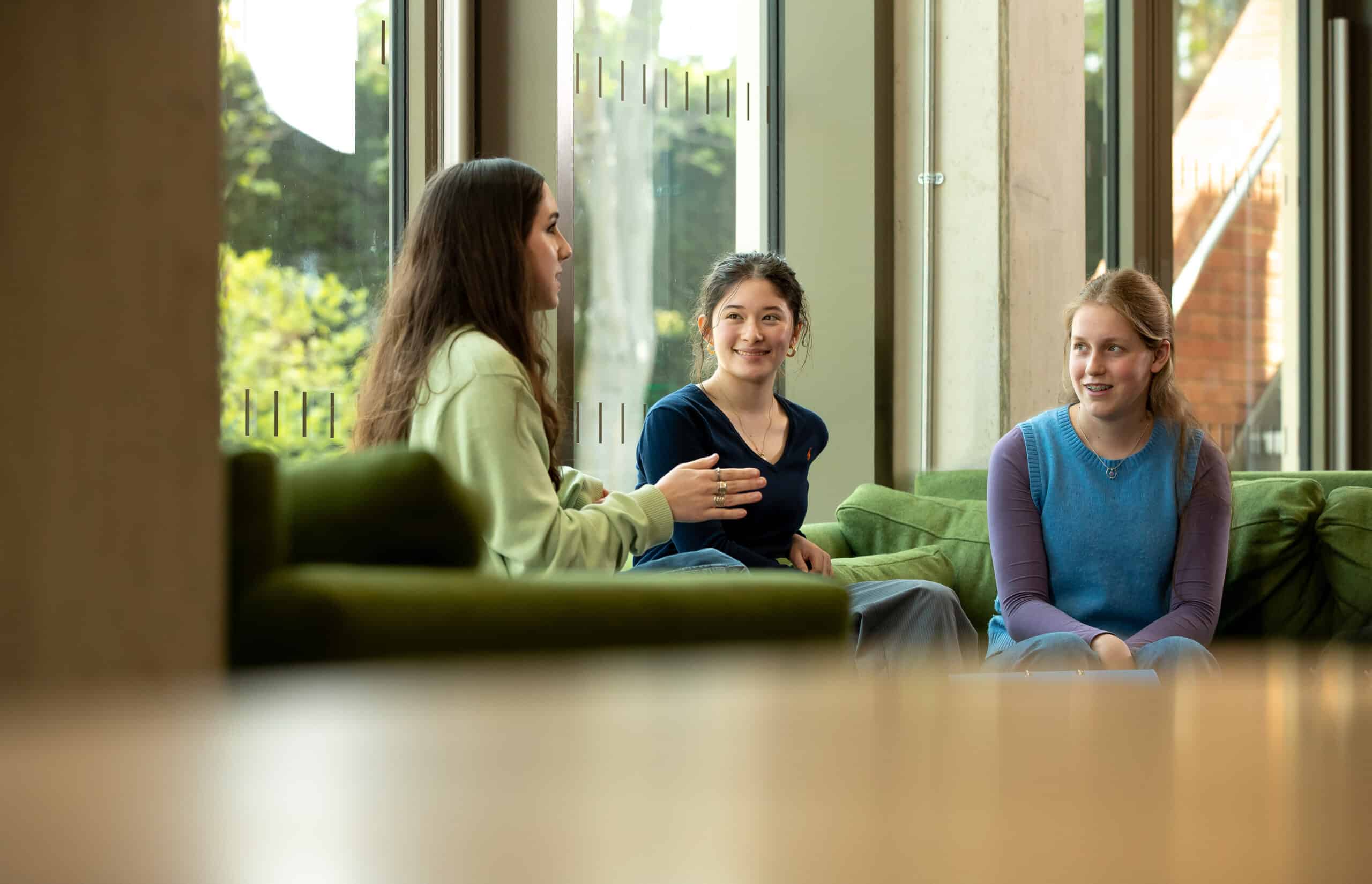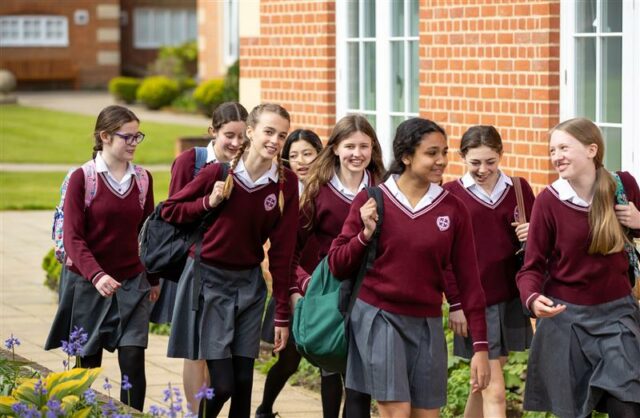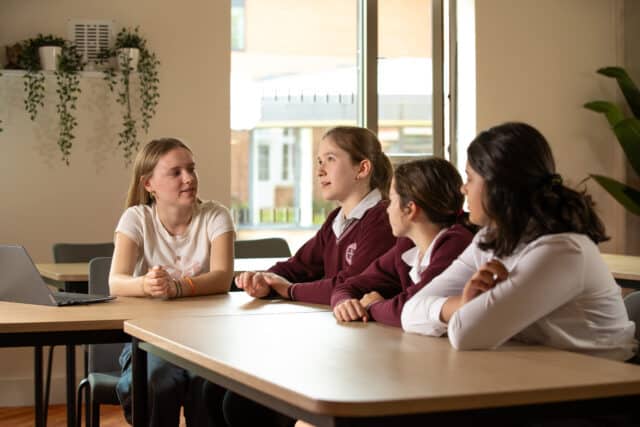In Year 7 we have been talking about the importance of bees for food production. And it’s not all about honey! Did you know that bees pollinate over 66% of the world’s crop species and contribute to one third of the food we eat?
Bee numbers are in decline
Due to the climate crisis, bees are waking up earlier after hibernating for the winter to find the flowers they need for food haven’t yet bloomed. Flowering time, which relies on exposure to light, is less affected by climate change. This creates a mismatch that can leaves bees short of food early in spring. With natural landscapes being replaced by towns and cities, bees have fewer places to live. Roads and buildings also separate land that bees are used to travelling between, so they can’t mix between species and areas in the same way. Bees are also under threat from chemicals; some fertilisers to help crops to grow can be harmful to insects like bees.
Humans have been exploiting honeybees for thousands of years
A cave painting in Spain thought to be 8,000 years old depicts a human gathering honey from a ladder. Traces of beeswax on pottery also suggest that early farmers kept bees 9,000 years ago. Honey has also been found in ancient Egyptian tombs. Did you know that in its lifetime a bee will produce only one twelfth of a teaspoon of honey!
Honey fraud?!
British beekeepers are calling for a requirement on supermarkets and other retailers to label cheap honey imports from China and other nations with the country of origin after claims that part of the global supply is bulked out with sugar syrup. Supermarkets say every jar of honey is “100% pure” and can be traced back to the beekeeper, but there is no requirement to identify the countries of origin of honey blended from more than one country. About a third of the UK’s honey imports come from China, but it almost never appears on the label of supermarket jars as the country of origin.
How can we encourage bees in our gardens?
The best way is to plant flowers! Bees love traditional cottage garden flowers and native wildflowers, like primrose, buddleia, and marigolds. Planting bee-friendly plants like heather and daisies and red clover on balconies, terraces, and in gardens can help. Other things you can do are:
- Leaving sections of the garden wild and letting the grass grow long gives the bees a place to shelter
- Create a bee hotel for your garden’s bee population
- Leaving a small fish with pebbles and shallow water in it can help if a bee is thirsty
- There are also special bricks which bees can even live in
- Don’t use pesticides as they are really harmful to bees
- Buy honey and other hive products from your nearest local beekeeper

